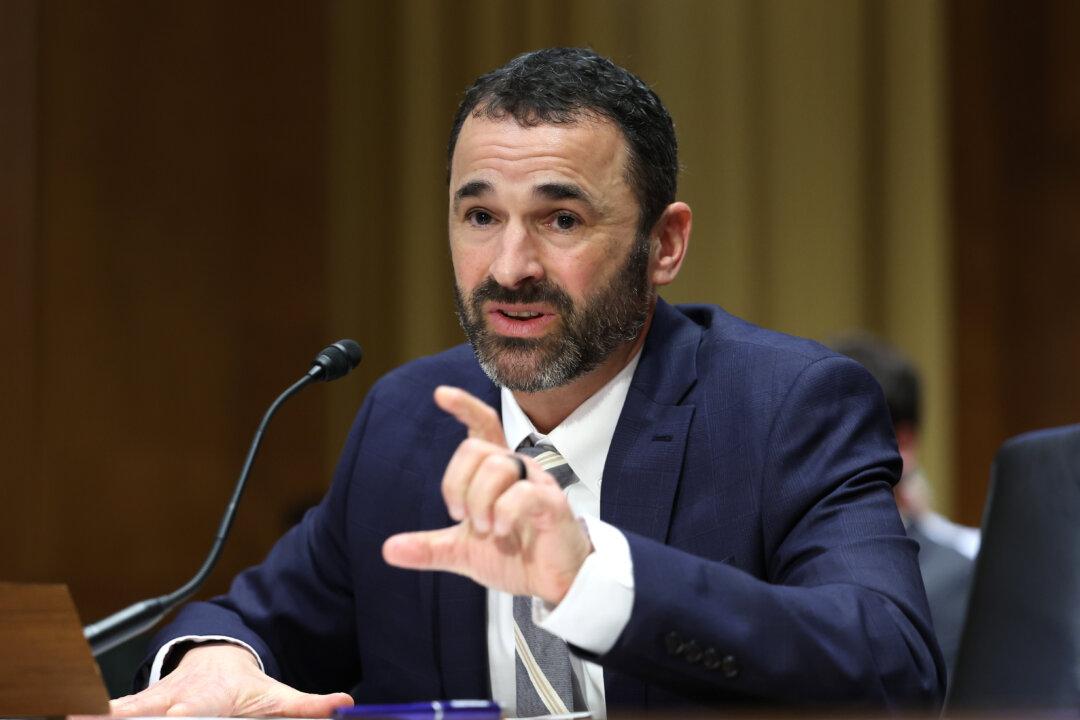The IRS has no intention of arming tax auditors, Commissioner Daniel Werfel told Congress today in an attempt to allay fears of a weaponized tax agency.
The Inflation Reduction Act of 2022 granted the IRS $80 billion to hire tens of thousands of additional employees sparking fears that a horde of armed auditors would be unleashed on the American public.





